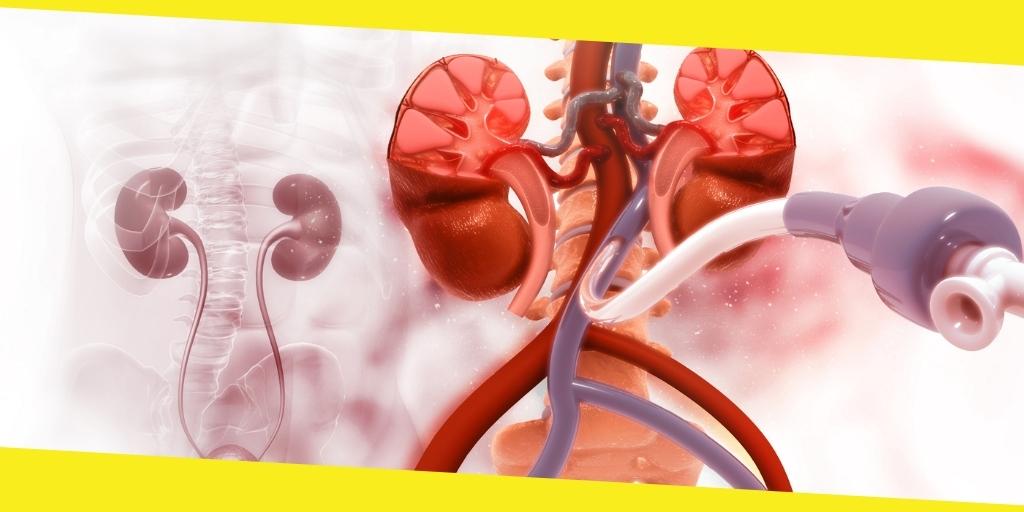What You Need to Know About Complex Vascular Diseases

Arteries and veins are the natural highways that transport blood through our bodies’ arms, legs, and internal organs. When the blood vessels are affected by an abnormal condition (complex vascular diseases), they frequently result in serious disability and death. However, Dr. Jonathan Ellichman, Memphis highly skilled specialist surgeon experienced in treating many vascular diseases and other conditions that may affect the circulatory system, is at your disposal to help you. However, knowledge is power; thus, this is what you should know about complex vascular diseases.
What are complex vascular diseases?
Vascular disease affects the blood arteries, which carry oxygen and nutrients throughout the body and waste away from the tissues. Plaque slows or prevents blood flow inside your arteries or veins, resulting in frequent vascular problems. Lifestyle changes are generally useful; however, some people require medication or surgery.
What are the common vascular complex diseases?
1. Peripheral artery disease (PAD)
Peripheral artery disease is a disorder in which your arteries constrict. This means they can’t deliver as much blood to your extremities, such as your arms and legs. PAD might affect your limbs, head, stomach, and kidney. If you do not seek treatment, you may increase your heart attack chances.
2. Venous disease
Venous disease, spider veins, varicose veins, and May-Thurner syndrome are all symptoms of damage to the valves in your veins. The vandalization of these valves can cause blood to pool or bulge in the veins. Heaviness, hurting, swelling, throbbing, or itching are all symptoms.
3. Blood clot
Blood can pool and swell in the veins when these valves are broken. Some of the symptoms are heaviness, pain, swelling, throbbing, or itching. A blood clot is a solid, jelly-like substance that develops inside a blood artery (a thrombus). It can break free and move through your system, resulting in deep vein thrombosis, pulmonary embolism, heart attack, or stroke. Hypercoagulable states, often known as blood clotting diseases, are conditions that increase the likelihood of blood clot formation.
4. Aortic Dissection
The aorta is the body’s largest artery, transporting blood away from the heart. Aorta dissection occurs when the aorta wall’s inner layer tears and subsequently peels or separates from the next layer. As a result of the dissection or separation, the blood supply to numerous organs and tissues may be significantly diminished.
5. Fibromuscular dysplasia
Fibromuscular dysplasia is a disorder that causes aberrant cell growth in one or more arteries. As a result, constriction regions may develop, and aneurysms or artery rips. FMD is most typically observed in the arteries that provide blood to the kidneys and brain.
What do complex vascular diseases affect?
Some people are born with vascular illnesses that their parents passed on to them. Many vascular disorders, such as peripheral artery disease and carotid artery disease, develop over time due to plaque buildup in the arteries. Atherosclerosis, or artery stiffening, can begin as a teen and produce issues in middle life or later.
How can I lower my chances of developing vascular disease?
You cannot change your age, family history, or genetics, but you can maintain control of these conditions by following these simple steps. Get up and move around once per hour if you sit down and eat more nutritious foods.
If you have vascular disease, the best thing you can do is to be watchful. Don’t miss any medical appointments or medication dosages. Because certain vascular diseases run in families, sharing health information with your family can assist them in preventing and detecting vascular illness. Encourage your family to examine their blood pressure and cholesterol levels since excessive levels put them at risk for vascular disease. Now that you know what, why not book an appointment online through Ellichman Vein & Vascular Centers website for more information.
Recommended For You
Everything You Need To Know About Getting Life Insurance For Elders
Most Inside
Most Inside offers high-quality recommendations and valuable updates to enhance all aspects of your life, providing premium guidance and enriching experiences.




